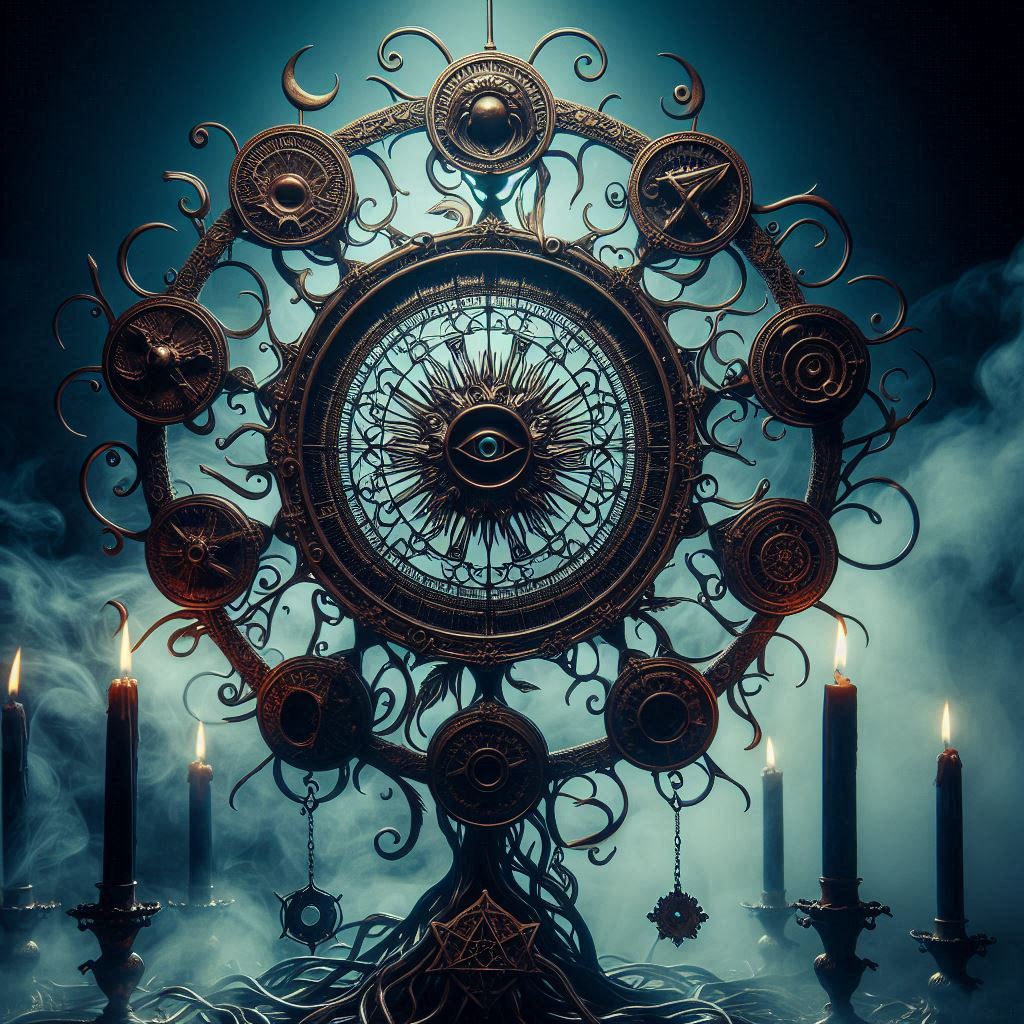Table of Contents
Modern Eastern European Literature: A Tapestry of Identity, Trauma, and Renewal
Modern Eastern European literature is a rich and complex field shaped by historical upheavals, political repression, cultural identity struggles, and the search for artistic freedom. Emerging from the shadows of Soviet domination, the fall of communism, and the challenges of globalization, contemporary writers from this region have crafted narratives that explore memory, displacement, and the human condition in rapidly changing societies. This essay examines key themes, influential authors, and the evolving literary landscape of Eastern Europe from the late 20th century to the present.

Historical Context: Literature Under and After Communism
Eastern European literature in the modern era cannot be understood without acknowledging the impact of Soviet rule (1945–1991). State censorship, socialist realism, and ideological constraints forced writers to adopt allegory, satire, and indirect expression to critique oppressive regimes. Some authors, like Poland’s Czesław Miłosz and Czechoslovakia’s Milan Kundera, wrote in exile, while others, such as Russia’s Aleksandr Solzhenitsyn, faced persecution for their dissident works.
The fall of the Berlin Wall (1989) and the dissolution of the USSR (1991) brought newfound freedom but also economic instability, nationalism, and identity crises. Literature from this period grapples with the legacy of communism, the disillusionment with capitalism, and the redefinition of national identities.
Major Themes in Modern Eastern European Literature
1. Memory and Trauma
Many Eastern European writers explore collective and personal trauma, particularly the horrors of war, totalitarianism, and genocide. Hungarian novelist László Krasznahorkai (e.g., Satantango) depicts bleak, labyrinthine worlds that mirror the psychological scars of dictatorship. Similarly, Romanian author Herta Müller, a Nobel laureate, writes about oppression under Ceaușescu’s regime in works like The Land of Green Plums.
2. Displacement and Migration
Post-1989 migration—both voluntary and forced—has shaped contemporary narratives. Ukrainian-born writer Andrey Kurkov (Death and the Penguin) explores exile and alienation, while Polish author Olga Tokarczuk (Flights) weaves stories of wanderers and seekers. The Yugoslav Wars (1991–2001) also produced powerful literature, such as Croatian Dubravka Ugrešić’s The Museum of Unconditional Surrender, which reflects on exile and cultural memory.
3. Satire and the Absurd
Eastern European literature often employs dark humor and absurdism to critique political and social realities. Czech writer Bohumil Hrabal (Too Loud a Solitude) and Serbian author David Albahari (Götz and Meyer) use surrealism to expose the irrationality of history. Russian postmodernist Victor Pelevin (Generation “П”) satirizes post-Soviet consumerism and media manipulation.
4. Reclaiming National Identity
After decades of Soviet-imposed uniformity, many writers have revisited folklore, myth, and pre-communist history to reconstruct national identities. Lithuanian author Kristina Sabaliauskaitė’s Silva Rerum series reimagines the Polish-Lithuanian Commonwealth, while Bulgarian Georgi Gospodinov (Time Shelter) examines nostalgia and historical amnesia.
Key Authors and Works
1. Olga Tokarczuk (Poland)
A Nobel Prize winner (2018), Tokarczuk blends myth, history, and philosophy. The Books of Jacob (2014) reinterprets 18th-century religious movements, while Drive Your Plow Over the Bones of the Dead (2009) is a subversive eco-critical thriller.
2. Mircea Cărtărescu (Romania)
Cărtărescu’s Blinding trilogy is a hallucinatory exploration of memory and Bucharest’s urban psyche, merging autobiography with magical realism.
3. Svetlana Alexievich (Belarus)
Though primarily a oral historian, Alexievich’s The Unwomanly Face of War (1985) and Secondhand Time (2013) offer polyphonic accounts of Soviet and post-Soviet suffering, earning her the 2015 Nobel Prize in Literature.
4. Mikhail Shishkin (Russia)
Shishkin’s Maidenhair (2005) intertwines refugee interviews with classical mythology, reflecting on language and displacement.
5. Andrukhovych (Ukraine)
Yuri Andrukhovych’s The Moscoviad (1993) is a satirical, chaotic novel about post-Soviet Ukrainian identity.
The Impact of Globalization and Digital Age
Contemporary Eastern European literature engages with global themes while retaining regional specificity. Younger writers, such as Belarus’s Alhierd Bacharevic (Dogs of Europe) and Estonia’s Sofi Oksanen (Purge), blend local history with transnational narratives. Digital platforms and translation have also expanded their reach, though linguistic barriers remain.
Conclusion
Modern Eastern European literature is a testament to resilience and reinvention. From the coded critiques of communist-era dissidents to today’s globally conscious yet locally rooted narratives, it continues to evolve, offering profound insights into trauma, identity, and the human spirit. As the region faces new challenges—authoritarianism, war (e.g., Ukraine), and migration—its literature remains a vital voice in world letters.


No responses yet